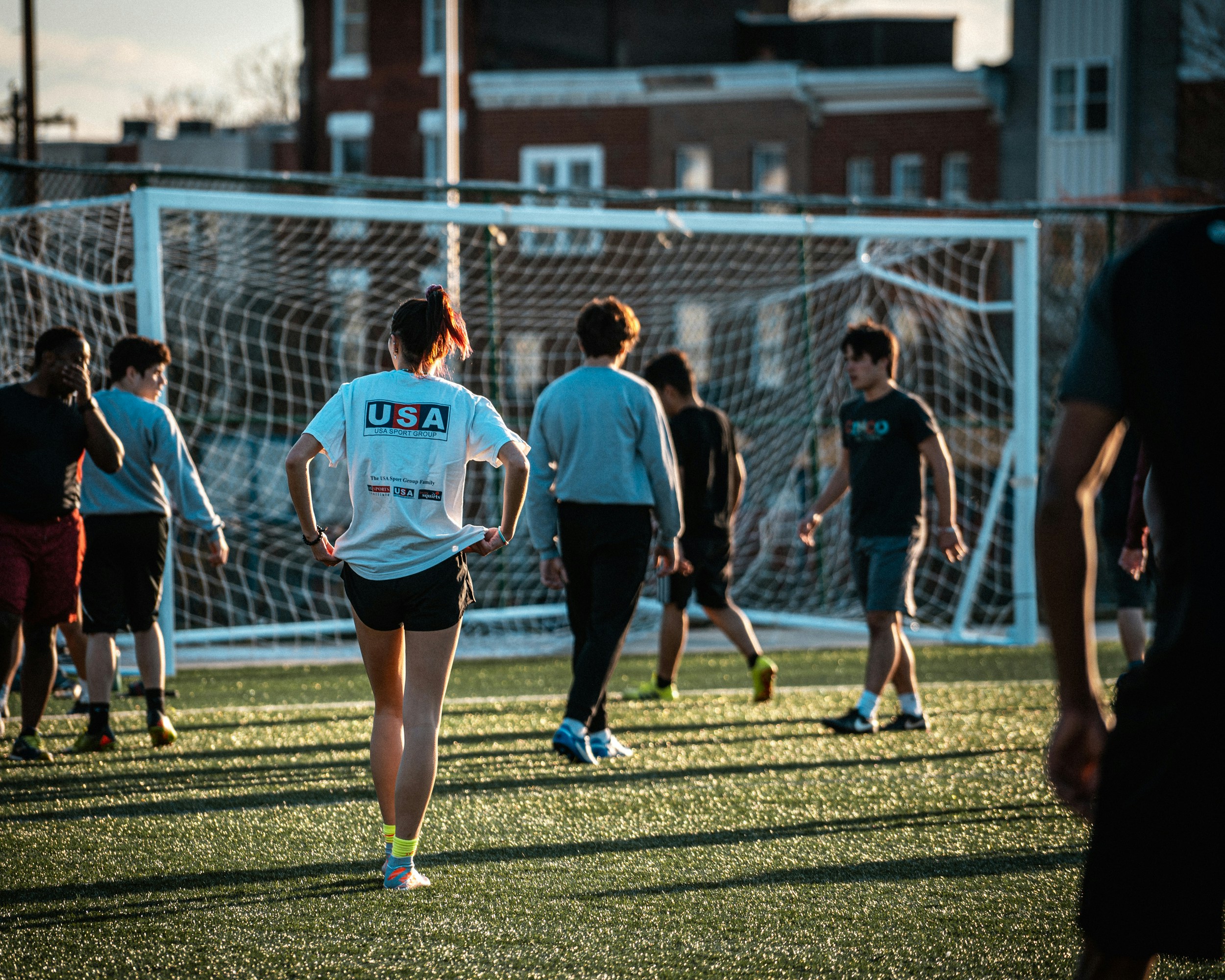
The Power of Role Models in Youth Development
Across communities large and small, the playing fields, courts, and tracks are more than places where games are won or lost. They are stages for life lessons, character building, and dreams being molded into reality. For countless young people, sports provide a pathway toward discipline, resilience, and a belief in themselves. Yet, it’s not only the drills, victories, or medals that leave a lasting imprint. It’s the coaches, older athletes, and community leaders who step into the role of mentors and transform a passion for sports into a foundation for personal and professional growth.
Mentorship is a force multiplier. When a young person connects with someone who believes in their potential, the impact can ripple far beyond athletic success. Whether it’s a high school basketball coach who teaches perseverance after a tough loss or a retired athlete who shares stories of overcoming adversity, these figures can guide youth through challenges that go well beyond the game itself. The influence of such role models often determines whether young athletes stay engaged, remain focused on education, and learn to navigate the pressures of growing up in a complex world.
Sports as a Gateway to Life Skills
The lessons learned in sports echo across all areas of life. Teamwork, communication, time management, and the art of handling setbacks are skills that serve young people for a lifetime. A young soccer player who learns how to collaborate with teammates from diverse backgrounds is developing cultural awareness and empathy. A sprinter who trains relentlessly for fractions of a second of improvement is absorbing the value of hard work and goal setting.
Moreover, sports offer youth an arena to explore leadership in ways that feel immediate and impactful. Captains learn how to motivate their peers, settle disputes, and serve as examples both in performance and attitude. Even those who never wear the captain’s armband observe leadership styles and absorb strategies for resolving conflict and rallying a group toward shared success.
However, sports alone cannot teach these lessons in their fullest measure. It’s often the mentor’s voice in the locker room, during the bus ride home, or in quiet one-on-one conversations that gives context and meaning to the challenges and triumphs experienced on the field. A good mentor knows that a missed free throw is not just about losing two points—it’s an opportunity to discuss how to handle public failure and bounce back stronger.
Bridging the Gap Between Potential and Opportunity
While sports can be a powerful equalizer, the reality is that not every child has the same access to quality facilities, coaching, or supportive programs. Here, mentorship becomes even more crucial. For young people in under-resourced communities, a caring mentor might be the difference between dropping out of school and staying engaged in both academics and athletics. Mentors often help youth navigate obstacles like financial hardship, unstable home environments, or a lack of exposure to career pathways outside of athletics.
Programs that combine sports with mentorship are helping bridge these gaps. Organizations across the country are pairing young athletes with professionals in various fields, from business to the arts, exposing them to possibilities they might never have imagined. These programs emphasize that sports are not only about producing professional athletes but also about nurturing future teachers, engineers, entrepreneurs, and community leaders.
In addition, mentors often teach young athletes how to manage the complex relationship between sports and education. Many kids dream of athletic scholarships or professional contracts, but the truth is that only a small fraction will reach those heights. A wise mentor instills a dual focus: pursue your athletic goals wholeheartedly, but invest equally in education and personal development. When the final whistle blows, the skills acquired on the field must translate into opportunities off it.
The Lasting Legacy of Mentorship
Stories abound of individuals who credit mentors with altering the course of their lives. An athlete who struggled academically but was guided to tutoring and eventually earned a college degree. A young player whose coach noticed signs of distress at home and connected their family with essential support services. A teenager who found confidence and purpose through a mentor’s encouragement and went on to lead community initiatives of their own.
These stories remind us that mentorship is not an optional extra in youth sports—it’s the element that often makes all the difference. The value of having someone who listens, shares wisdom, and believes unconditionally in a young person’s potential cannot be overstated. Even brief moments of guidance can echo across a lifetime, influencing how young people handle challenges, approach relationships, and envision their futures.
Communities that invest in combining sports and mentorship are investing not just in games won but in futures transformed. The return is measured in young adults who carry forward the values of respect, discipline, and compassion. It’s visible in former athletes who return as coaches, volunteers, or business leaders determined to give back to the next generation.
The power of sports and mentorship lies in their ability to connect human beings around shared effort, mutual respect, and the pursuit of excellence. On fields and courts everywhere, the next generation is being inspired not just to compete but to lead, to dream, and to become the best versions of themselves. That is the true championship—and its legacy lasts far beyond any scoreboard.